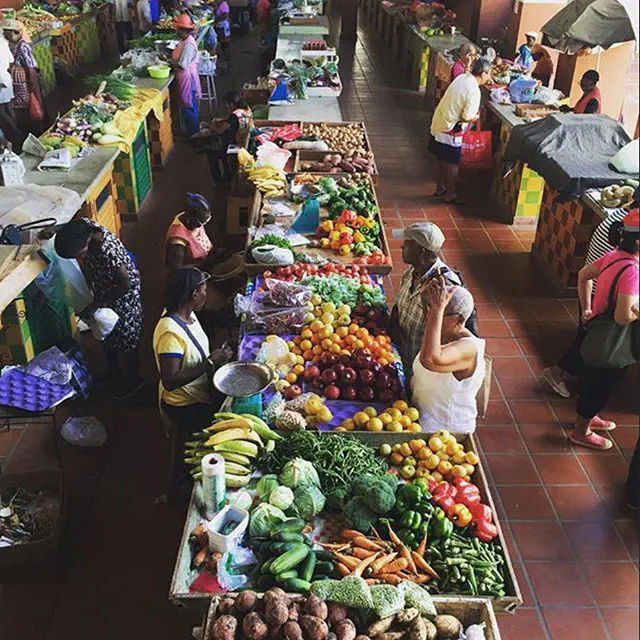FoodScapes.

FoodScapes.
Assessing the foodscape of a small island developing state: The case of Barbados
PhD Candidate: Stephanie Whiteman
Here is a very nice summary of this work written by Stephanie.
Hypertension and obesity are two major health issues that impact the Caribbean. More than half of the Caribbean population is overweight and over a quarter is obese, while the prevalence of high blood pressure ranges is generally above a third across the region. In Barbados, it is estimated that two-thirds of Barbadian adults are either overweight or obese and one-third of adults diagnosed as hypertensive.
Unhealthy diets including (for example) energy dense food that are high in salt, sugar or fats, are regularly reported as one of the main contributors to obesity and NCDs. Recently, researchers have begun to explore the relationship between the food environment (regularly referred to as the “foodscape”) and its subsequent potential impact on the development of an obesogenic environment. Food outlet availability and accessibility (creating so-called food-deserts and food-swamps) along with the customer experience within food outlets may influence our obesogenic environment, laying the foundation for the development of NCDs. It is important that we better understand the food environment in Barbados, and ultimately across the wider Caribbean.
Our overall study aim is to assess the food environment in Barbados and its impact on adults living with overt chronic disease, or having known risk factors for NCDs (primarily obesity).
In this cross-sectional study we will examine the food environment at three levels:
- The macro-level (community nutrition environment),
- The micro level (consumer nutrition environment), and
- The individual level.
We will map the community nutrition environment using geospatial methods, and a near comprehensive listing of food outlets across Barbados will be developed. We will assess the consumer nutrition environment by auditing a sample of food outlets in Barbados using an adapted version of the Nutrition Environment Measurement Survey (NEMS).
We will assess individual level nutrition using short form food recall surveys, to better understand individual dietary diversity and food security.
The results of our work study will help inform policy for the creation of a healthier food environment in Barbados.